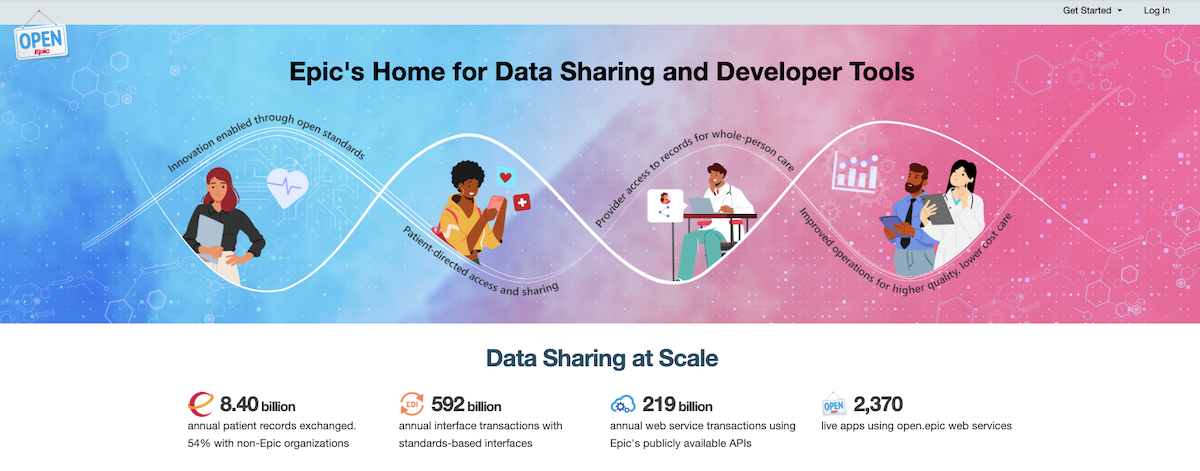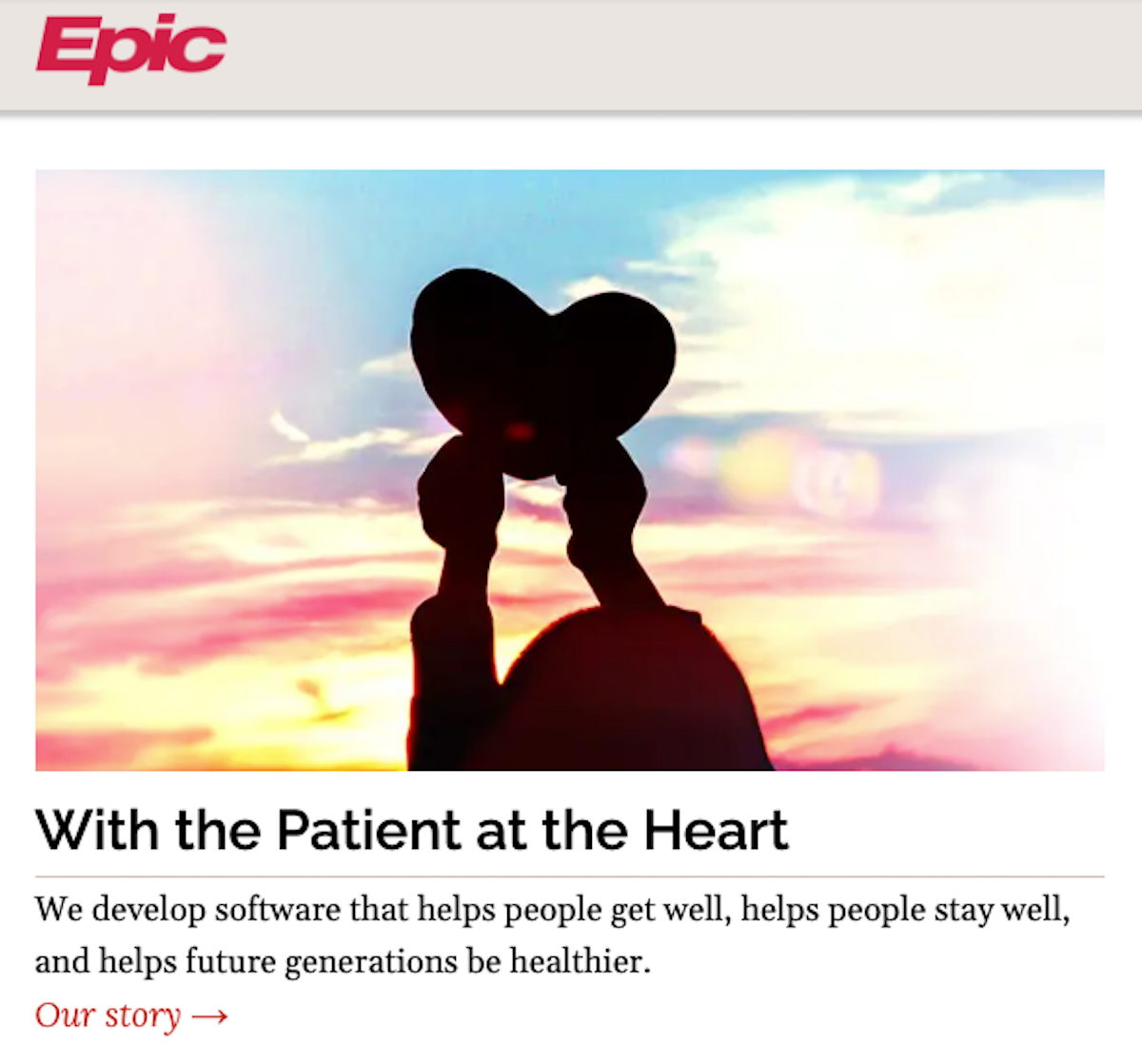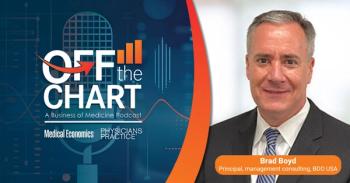
EHRs
Latest News
Latest Videos

Podcasts
CME Content
More News

When life sciences, insurers and clinicians align around timely, trusted data, health care can finally deliver more coordinated, cost-effective, patient-centered care.

Physicians, medical student collaborate on a primer of problems and solutions.

Nearly nine in ten health care practitioners say fax-related delays disrupt patient care, according to a new Documo survey.
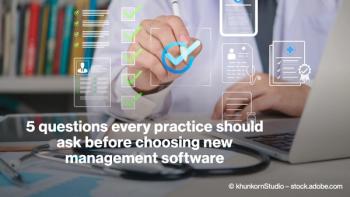
Software decisions can make or break your practice’s efficiency and financial health. These five questions help ensure your next investment supports — not complicates — your business.

From ease of use to real-world support, here’s what physicians should consider before committing to a new electronic health record system — and how to see how the top options compare.

With it, patients become active participants in their care and artificial intelligence gains the fuel it needs to transform health care into a system that is smarter, faster and more equitable.
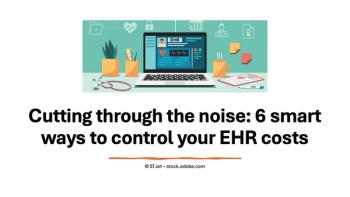
EHR software is often one of a practice’s biggest expenses — but not always the best understood. Here’s how to avoid overpaying while still getting the tools you need.

Pilots at Mass General Brigham and Emory Healthcare show significant reductions in documentation burnout.

AMA praises new tech rules requiring less time on paperwork, giving physicians more time with patients.

In 13M+ EHR notes from a Mid-Atlantic health system, clinicians were more likely to record doubt about Black patients’ sincerity and competency than White patients.
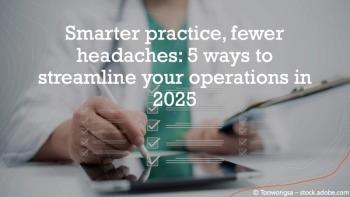
Independent and small-group physicians are under growing pressure to do more with less. These five practical strategies can help reduce friction, improve efficiency and give you back time — without a major investment.
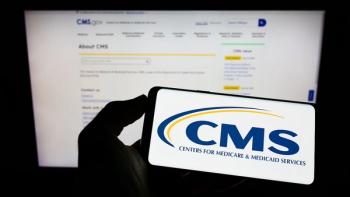
Amazon, Apple, Google and other major players join CMS in their mission to break down data silos, “kill the clipboard” and empower patients with real-time health information.

AI isn’t just a buzzword anymore — it’s reshaping daily workflows inside medical practices.

Outdated systems can quietly undermine your efficiency, finances and patient experience. Here are five key warning signs to watch for.

From ambient transcription to smart scheduling, AI is helping doctors cut costs, save time and improve care. Here’s where it’s making the biggest difference — and what to consider before you invest.
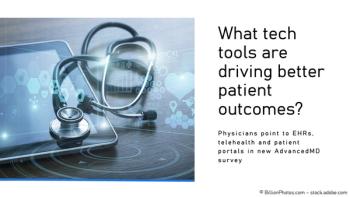
Independent practices say EHRs lead the way — but telehealth, patient portals and analytics tools are driving measurable results, especially in mental health care.

Flatiron Health leverages AI to extract cancer progression data from EHRs, enhancing oncology research and patient care through advanced data analysis.

Migrating EHR systems to the cloud enhances health care efficiency, security, and cost savings while navigating the complexities of transition.
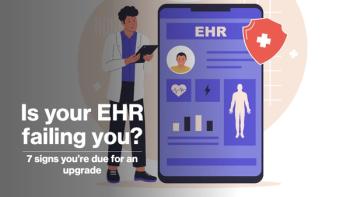
From sluggish systems to frustrated staff, these red flags could mean it's time to upgrade your practice's electronic health record system.

Electronic health records are vital to practice operations. A digital estate plan keeps them accessible

AI and data analytics will cut through administrative clutter and enable payers and providers to collaborate proactively, especially for “rising risk” patient groups

Stanford Medicine pilots AI-powered software helping clinicians query patient records, accelerate chart review and automate administrative decisions.

Key considerations around selecting the right network partner include what the partner will do with the data, the interoperability partner’s experience and expertise, the quality and the usability of the data it will deliver, and the partner’s financial strength.

A new study finds that clarifying team roles and routing protocols sharply reduced physician message burden without new tech or added costs.

University of Michigan’s “portal practice slots” didn’t cut after-hours EHR time, but physicians still reported less stress and better control over their day.

